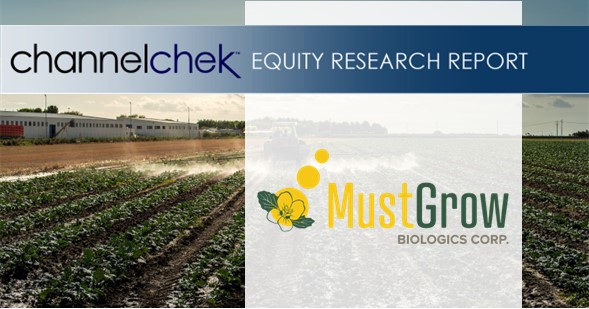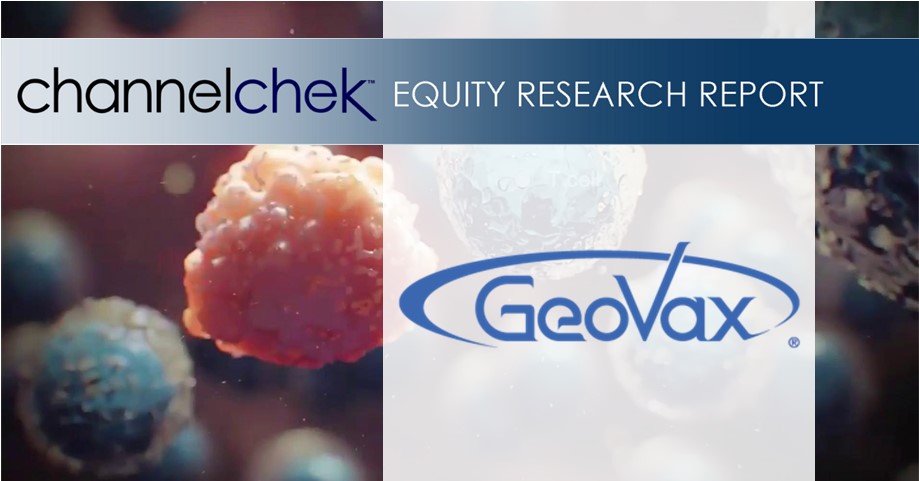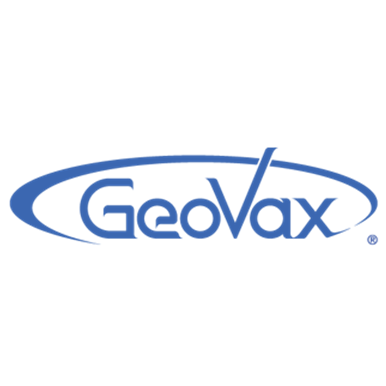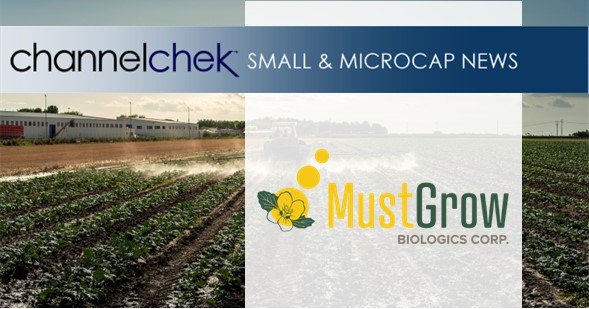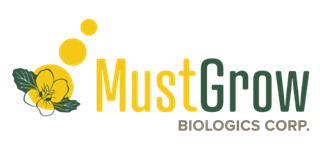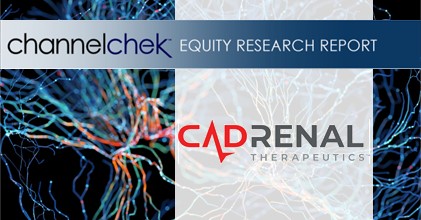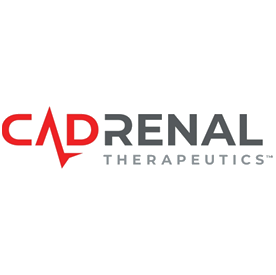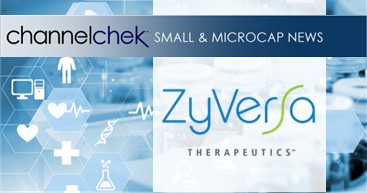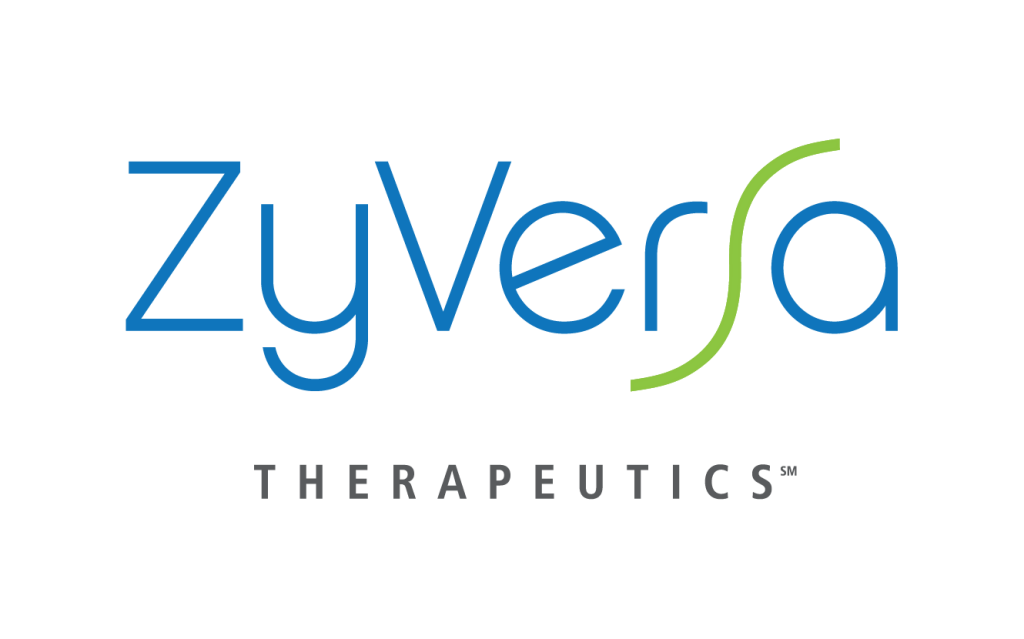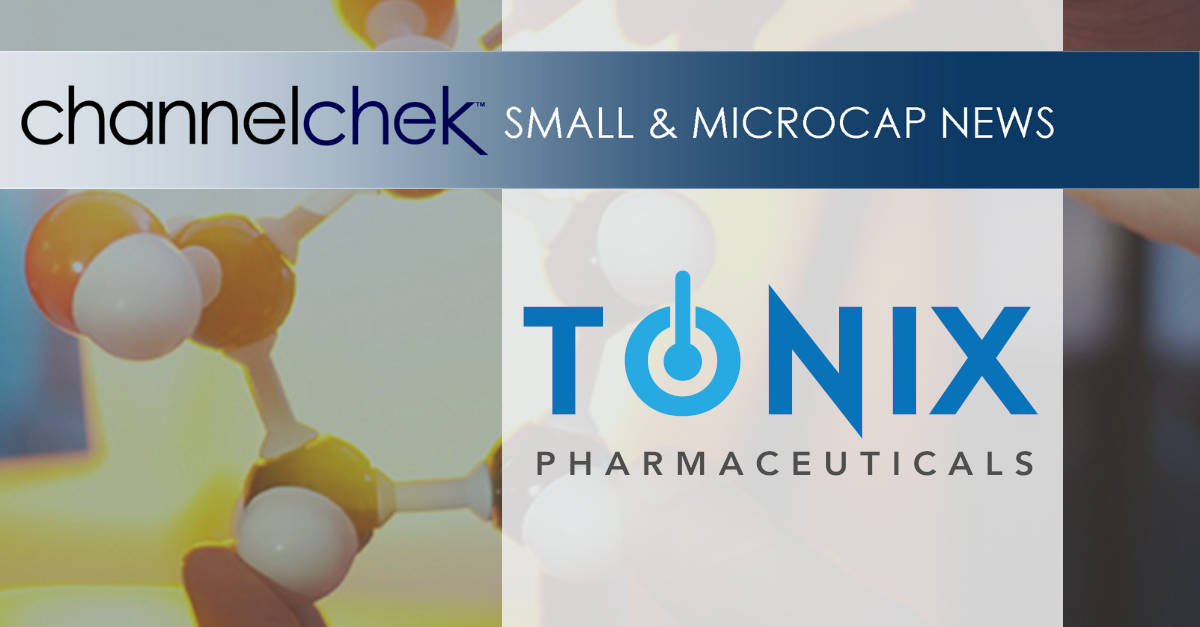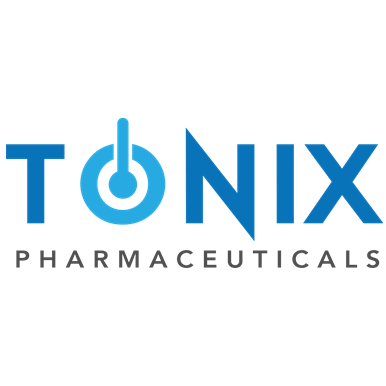Research News and Market Data on TNXP
January 31, 2024 7:00am EST
Retrospective observational study of electronic medical records of more than 90 million people living in the U.S.
Long COVID shares symptoms with chronic overlapping pain disorders like fibromyalgia and appears mechanistically related
Tonix is studying TNX-102 SL for both the management of fibromyalgia and management of fibromyalgia-type Long COVID.
CHATHAM, N.J., Jan. 31, 2024 (GLOBE NEWSWIRE) — Tonix Pharmaceuticals Holding Corp. (Nasdaq: TNXP) (Tonix or the Company), a biopharmaceutical company with marketed products and a pipeline of development candidates and currently focused on preparing a New Drug Application (NDA) for Tonmya (formerly TNX-102 SL, sublingual cyclobenzaprine HCl) for the management of fibromyalgia, today announced the online publication of a research paper in the Journal Pain. The article titled, “Chronic Overlapping Pain Conditions Increase the Risk of Long COVID Features, Regardless of Acute COVID Status,” by Bergmans, et al. 1, found that patients with pre-existing chronic overlapping pain conditions (COPCs) had an increased risk of being diagnosed with symptoms of Long COVID1. Faculty at the University of Michigan directed the research. Commentary on the article titled, “A step towards better understanding chronic overlapping pain conditions” by Fitzcharles, et al,2 is in the same issue of the journal.
COPCs include fibromyalgia, chronic fatigue syndrome, migraine headache, irritable bowel syndrome, endometriosis and low back pain. The TriNetX Analytics platform was used to extract anonymized electronic health record data from more than 91 million people in the U.S. These findings showed that: (1) in addition to COVID, prolonged pain may occur after recovery from viral infections like influenza, (2) people with pre-existing pain are at risk for exacerbation of their pain after viral illness, (3) pre-existing COPCs increase the risk of Long COVID, and (4) COPCs and Long COVID likely result from the same or similar brain processes, and Long COVID can be conceptualized as a new onset COPC or an exacerbation of a pre-existing COPC.
“These results contribute to a growing body of evidence that most symptoms of Long COVID are at least partly driven by central nervous system mechanisms rather than persistent exposure to the SARS-CoV-2 virus,” said Seth Lederman, M.D., Chief Executive Officer of Tonix Pharmaceuticals. “Tonix is studying TNX-102 SL for the management of fibromyalgia (conditionally approved by U.S. Food and Drug Administration as “Tonmya”) and for fibromyalgia-type Long COVID. Fibromyalgia is already recognized as a COPC. The new paper adds to the growing body of evidence that many cases of Long COVID should be viewed in the COPC framework, rather than in a purely post-infectious disease perspective.”
Dr. Lederman continued, “In the post-pandemic era, in which COVID is endemic and repeated bouts are common, it will be important to learn if appropriate management of fibromyalgia may reduce the risk of developing Long COVID. Moreover, since fibromyalgia symptoms like widespread pain were risk factors for COVID even without a diagnosis of fibromyalgia, these findings suggest that earlier diagnosis and management of fibromyalgia may be advised.”
“The magnitude of Long COVID risk conferred by a pre-existing COPC was comparable with, if not larger than, that for sex and acute COVID hospitalization status, which are known risk factors for Long COVID,” 2,3 said Rachael Bergmans, M.P.H, Ph.D., Research Assistant Professor at the University of Michigan Medical School Department of Anesthesiology, Chronic Pain and Fatigue Research Center (CPFRC) and lead author of the paper. “These findings are consistent with previous research where pre-existing chronic pain conditions including fibromyalgia, back pain, and migraine increase the risk of Long COVID.”2-4
Tonmya* has shown positive results in two Phase 3 clinical trials for the management of fibromyalgia. Tonix plans to submit an NDA to the U.S. Food and Drug Administration in the second half of 2024 under the 505(b)(2) regulatory pathway for Tonmya for the management of fibromyalgia.
About Tonmya™ (formerly known as TNX-102 SL)
Tonmya is a patented sublingual tablet formulation of cyclobenzaprine hydrochloride which is designed for daily administration at bedtime with a proposed mechanism of improving sleep quality in fibromyalgia. Tonmya provides rapid transmucosal absorption and reduced production of a long half-life active metabolite, norcyclobenzaprine, due to bypass of first-pass hepatic metabolism. As a multifunctional agent with potent binding and antagonist activities at the 5-HT2A-serotonergic, α1-adrenergic, H1-histaminergic, and M1-muscarinic cholinergic receptors, Tonmya is in development as a daily bedtime treatment for fibromyalgia. TNX-102 SL is also in development fibromyalgia-type Long COVID (formally known as post-acute sequelae of COVID-19 [PASC]), alcohol use disorder, and agitation in Alzheimer’s disease. The United States Patent and Trademark Office (USPTO) issued United States Patent No. 9636408 in May 2017, Patent No. 9956188 in May 2018, Patent No. 10117936 in November 2018, Patent No. 10,357,465 in July 2019, and Patent No. 10736859 in August 2020. The Protectic™ protective eutectic and Angstro-Technology™ formulation claimed in the patent are important elements of Tonix’s proprietary Tonmya composition. These patents are expected to provide Tonmya, upon NDA approval, with U.S. market exclusivity until 2034/2035. In addition, Tonix has pending but not issued U.S. patent applications directed to the transmucosal absorption of CBP-HCl, with U.S. market exclusivity expected until 2033, for treating depressive symptoms in fibromyalgia, with U.S. market exclusivity expected until 2032, and for treating pain in fibromyalgia with U.S. market exclusivity expected until 2041.
*Tonix’s product development candidates are investigational new drugs or biologics and have not been approved for any indication.
1Bergmans RS, et al. PAIN. 2023. DOI: 10.1097/j.pain.0000000000003110
2Fitzcharles M-A, et al. PAIN. 2023. DOI: 10.1097/j.pain.0000000000003129
3Subramanian A, et al. Nat Med. 2022. 28(8):1706-1714.
4 Galal I, et al. Egypt J Bronchol. 2021. 15(1):10.
Tonix Pharmaceuticals Holding Corp.*
Tonix is a biopharmaceutical company focused on commercializing, developing, discovering and licensing therapeutics to treat and prevent human disease and alleviate suffering. Tonix’s development portfolio is focused on central nervous system disorders. Tonix’s priority is to submit a New Drug Application (NDA) to the FDA for Tonmya, which has completed two positive Phase 3 studies for the management of fibromyalgia. Tonix intends to meet with the FDA in the first half of 2024 and submit an NDA for the approval of Tonmya for the management of fibromyalgia in the second half of 2024. TNX-102 SL is being developed to treat fibromyalgia-type Long COVID, a chronic post-acute COVID-19 condition, and topline results from a proof-of-concept study were reported in the third quarter of 2023. TNX-1300 (cocaine esterase) is a biologic designed to treat cocaine intoxication and has been granted Breakthrough Therapy designation by the FDA. A Phase 2 study of TNX-1300 is expected to be initiated in the first quarter of 2024. Tonix’s rare disease development portfolio includes TNX-2900 (intranasal potentiated oxytocin) for the treatment of Prader-Willi syndrome (PWS). TNX-2900 has been granted Orphan Drug designation by the FDA and an investigational new drug (IND) application has been cleared to support a Phase 2 study in PWS patients. Tonix’s immunology development portfolio includes biologics to address organ transplant rejection, autoimmunity and cancer, including TNX-1500, which is a humanized monoclonal antibody targeting CD40-ligand (CD40L or CD154) being developed for the prevention of allograft rejection and for the treatment of autoimmune diseases. A Phase 1 study of TNX-1500 was initiated in the third quarter of 2023. Tonix’s infectious disease pipeline includes TNX-801, a vaccine in development to prevent smallpox and mpox. TNX-801 also serves as the live virus vaccine platform or recombinant pox vaccine platform for other infectious diseases, including TNX-1800, in development as a vaccine to protect against COVID-19. During the fourth quarter of 2023, TNX-1800 was selected by the U.S. National Institutes of Health (NIH), National Institute of Allergy and Infectious Diseases (NIAID) Project NextGen for inclusion in Phase 1 clinical trials. The infectious disease development portfolio also includes TNX-3900 and TNX-4000, which are classes of broad-spectrum small molecule oral antivirals. Tonix Medicines, our commercial subsidiary, markets Zembrace® SymTouch® (sumatriptan injection) 3 mg and Tosymra® (sumatriptan nasal spray) 10 mg under a transition services agreement with Upsher-Smith Laboratories, LLC from whom the products were acquired on June 30, 2023. Zembrace SymTouch and Tosymra are each indicated for the treatment of acute migraine with or without aura in adults.
*Tonix’s product development candidates are investigational new drugs or biologics and have not been approved for any indication.
Zembrace SymTouch and Tosymra are registered trademarks of Tonix Medicines. All other marks are property of their respective owners.
This press release and further information about Tonix can be found at www.tonixpharma.com.
Forward Looking Statements
Certain statements in this press release are forward-looking within the meaning of the Private Securities Litigation Reform Act of 1995. These statements may be identified by the use of forward-looking words such as “anticipate,” “believe,” “forecast,” “estimate,” “expect,” and “intend,” among others. These forward-looking statements are based on Tonix’s current expectations and actual results could differ materially. There are a number of factors that could cause actual events to differ materially from those indicated by such forward-looking statements. These factors include, but are not limited to, risks related to the failure to obtain FDA clearances or approvals and noncompliance with FDA regulations; risks related to the failure to successfully market any of our products; risks related to the timing and progress of clinical development of our product candidates; our need for additional financing; uncertainties of patent protection and litigation; uncertainties of government or third party payor reimbursement; limited research and development efforts and dependence upon third parties; and substantial competition. As with any pharmaceutical under development, there are significant risks in the development, regulatory approval and commercialization of new products. Tonix does not undertake an obligation to update or revise any forward-looking statement. Investors should read the risk factors set forth in the Annual Report on Form 10-K for the year ended December 31, 2022, as filed with the Securities and Exchange Commission (the “SEC”) on March 13, 2023, and periodic reports filed with the SEC on or after the date thereof. All of Tonix’s forward-looking statements are expressly qualified by all such risk factors and other cautionary statements. The information set forth herein speaks only as of the date thereof.
Investor Contact
Jessica Morris
Tonix Pharmaceuticals
investor.relations@tonixpharma.com
(862) 904-8182
Peter Vozzo
ICR Westwicke
peter.vozzo@westwicke.com
(443) 213-0505
Media Contact
Ben Shannon
ICR Westwicke
ben.shannon@westwicke.com
443-213-0495
Source: Tonix Pharmaceuticals Holding Corp.
Released January 31, 2024

